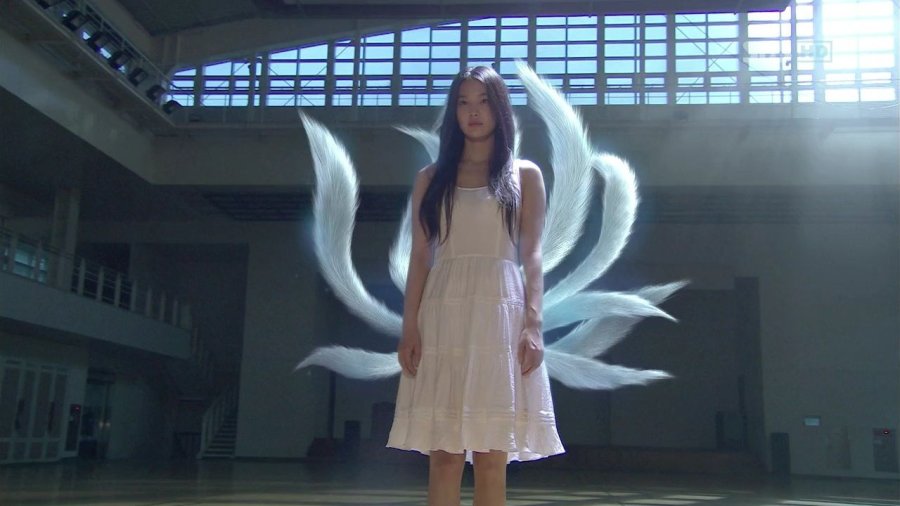
'Canonisation' of Fanfiction: How Fan Creations Are Reshaping Cultural Canons
Harry Potter becomes a scientist, 'Hermione has changed a lot over the summer', and the Bennet sisters from Pride and Prejudice are fighting against zombies. A game, an unwillingness to part with one’s favourite characters, an attempt to correct the author's 'mistakes' — all of this is fanfiction. Fan creations, on one hand, draw on cultural canons, and on the other hand, challenge them and offer an alternative vision. High art can no longer ignore fan practices — both as its own mirror reflections and as a space for new opportunities. A paper by HSE researcher Ksenia Romanenko helps us delve deeper into the culture of fanfiction and examine its relationship to the cultural canon.

Russians Feel Disappointed with Their Income if Their Reference Group Average is Higher
Researcher Anastasia Dubnovitskaya of HSE University has studied the impact of social comparison on the level of Russians' pay satisfaction. The study used data from the Russia Longitudinal Monitoring Survey — HSE University (RLMS-HSE) from 2002 to 2018. It turned out that the main contribution to Russians' pay satisfaction is the difference between their actual pay and the average wages of the reference group — people with similar characteristics. The size of one's own wages was of secondary importance.

Satanism, According to Science: How Sociology Explains the Worship of Dark Forces
The concept of Satanism originating from Roman Catholic sources continues to lack a rigorous social science interpretation. Satanism is sometimes believed to be a reflection of real-life problems faced by society and is sometimes considered a phenomenon in its own right that merits serious study. HSE doctoral student Oxana Mikhailova provides an overview of how the concept of Satanism is treated by different sociological theories and offers her commentary.

HSE Researcher Reveals Work Values Held by New Generation of Undergraduates
A large-scale study carried out by Anita Poplavskaya, postgraduate student at the HSE Faculty of Social Sciences’ Department of Economic Sociology, on a sample of 5,000 undergraduates at eight regional universities in Russia reveals the students' prevalent work values. The top five include high pay, interest in one's work, job security, skills match, and career prospects.

Poverty, Perfectionism and the Struggle for Social Status: Five Scientific Facts about Depression
According to the World Health Organization, an estimated 5% of the world's adults are affected by depression. Since treatment options are now available for all stages of depression, better awareness of its nature and causes could help in dealing with this disorder promptly and effectively. The following fact sheet from IQ.HSE summarizes several recent research findings on depression, including its contributing factors and manifestations in today's digital society.

People Do Not See Spelling Mistakes as a Sign of Limited Intellect
Tatiana Sysoeva and Svetlana Yaroshevskaya, researchers from the Psychological Institute of the Russian Academy of Education, have found out that mistakes in texts play only a minor role in people’s perceptions of the intelligence of the texts’ writers. The content, form of presentation, and other aspects are much more important. The results of the study are published in the latest issue of Psychology, an HSE journal.

'We Construct a Portrait of Russian Society'
HSE is presenting A Society of Unequal Opportunities: The Social Structure of Modern Russia, a new book whose authors use an original model to paint a collective portrait of Russians in the last decade. IQ.HSE asked Svetlana Mareeva, co-author of the monograph and Director of the HSE Institute of Social Policy’s Centre for Stratification Studies, about the highlights and trends discussed in the book and whether they tend to change in particularly challenging times.

Ghosts Full of Life: Spirits and Ghosts in Korean Doramas
South Korean TV series feature a whole typology of ghosts. Alexandra Tarasova, visiting lecturer at the HSE School of Media, Associate Professor in the Faculty of Cultural Studies at the Russian State University for the Humanities, spoke about all main types, their origin, features and behaviour of ghosts at the first open seminar to be held as part of the ‘Media Culture of East Asia: Discourses, Industries, Fandoms’ project.

Card Index: Joint Attention
As a rule, people look immediately and automatically in the same direction when their companion or someone nearby suddenly turns their attention. And it seems rather obvious. In fact, joint attention is an ability that helps people in many areas, such as communication, collaborative activities, etc. But sometimes a person can be deprived of it. We analyse this phenomenon — what is joint visual attention, cases in which this mental function can be disrupted, and what remains a mystery for scientists — in IQ Card Index with the help of HSE researchers Tatiana Shevel and Maria Falikman.

Study Helps Explain Why Students Cheat
Evgeniia Shmeleva and Egor Sagitov of the HSE Institute of Education examined the relationship between how study sessions are designed and the likelihood of students’ cheating. They found students more inclined to cheat when expected to learn by rewriting and retelling the study material and more likely to be honest when engaged in interactive learning activities such as debates.


Submission Deadline: December 20, 2025